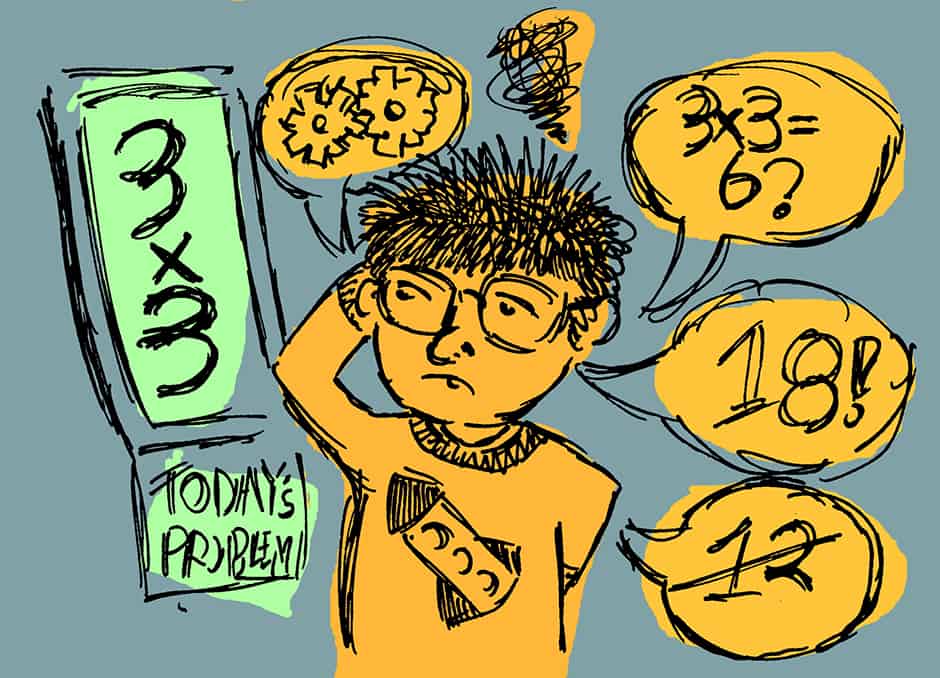A new study published in the Journal of Experimental Psychology: Learning, Memory, and Cognition reveals that trial-and-error learning can be beneficial if a person is making the “right” kind of errors.
The study is authored by Andrée-Ann Cyr, a course director at the Department of Psychology at York University. She completed her PhD at the University of Toronto under the supervision of Dr. Nicole Anderson, a co-author of the study and an associate professor at the Departments of Medicine (Psychiatry) and Psychology at U of T. The researchers discovered that making guesses that share conceptual similarity improves one’s memory performance, but guesses based on more arbitrary connections, such as word roots, complicates the learning process.
Cyr and Anderson collected data from 65 younger and 64 older adults, both groups in good health conditions.
There were two processing conditions for the experiment: conceptual and lexical. In the former, the participants memorized a target word given a cue of similar concept (flower as cue, tulip as target), while in the latter a lexical cue was presented (“st__” as cue; “strawberry” as target).
For each condition, there were two instruction types: trial-and-error, for which the participants made two guesses based on the cue before seeing the target word, and errorless, for which the right answer was given immediately after the cue. After the learning process, the participants were asked to recall the target words when presented a cue.
In the cued recall test, younger participants performed better than older people under both conditions and instruction types. However, both groups showed better target recall in trial-and-error than in errorless learning for the conceptual condition and a reverse trend in the lexical condition. The results imply that conceptual errors are beneficial for memory processing.
Cyr explains, “Conceptual errors, you can make sense of them. You can understand the relationship between your mistakes and your answer.” She adds, “Whereas lexical errors, you can’t really make a meaningful relation between them — what connects them is really superficial.”
Cyr and Anderson argue that conceptual errors can help one remember by acting as “stepping stones” to the correct target. The errors generated when memory is being encoded can improve information retrieval later. However, this only works if the errors and the targets have meaningful connections, which is why lexical errors are not as helpful.
“Anybody who has ‘normal’ memory will find that trial-and-error is better so long as the errors are conceptual,” says Cyr. This even includes healthy older people, who generally have a reduction in certain forms of memory.
“However, there is definitely more research that needs to be done for people who have memory impairment as a result of dementia or Alzheimer’s disease,” says Cyr, adding, “In those cases we might find that they should avoid all types of errors… your errors are beneficial partially to the extent you can remember that you made them and you remember being wrong.”
Many students may also find Cyr and Anderson’s research helpful.
Cyr explains, “A lot of students have this impression that if you read things over and over again, they think that the words will get into their heads for the exam, [but our]… research suggests that this is actually not a beneficial way to study for everybody.”
She adds, “Get a friend to quiz you or even just quiz yourself; even if you are making mistakes and it’s kind of discouraging, the process of making mistakes is going to be a critical aspect of you learning it and being able to remember it later.”


